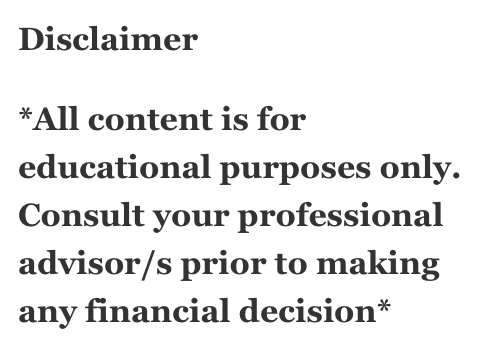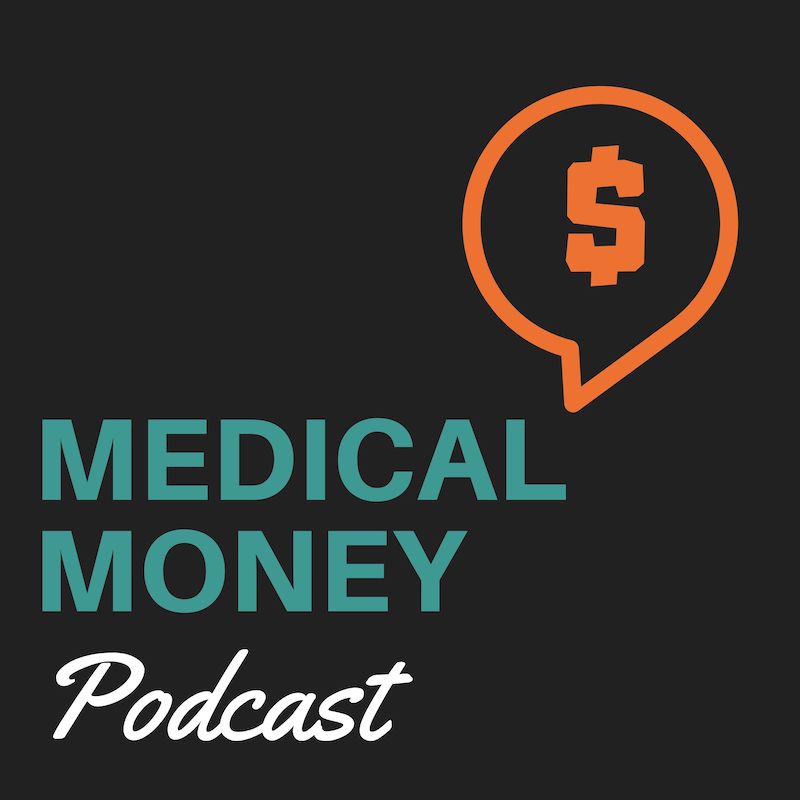What insurance policies will catch you if you fall?
This is the fourth post in my Money Vital Signs series- 5 short posts to understand your financial status quo.

Insurance reduces pain.
It this post we will discuss:
- General Insurance
- Personal Insurance
- Professional Insurance
On a recent trip to Bali, we breezed through customs only to find ourselves staring at the baggage carousel and praying to the luggage gods for about 45 minutes. It then became apparent that our bags did not arrive. The airline shall remain nameless.
We advised the airport authorities, who were very helpful but unable to tell us where our bags were or when they might arrive.
So we boarded our hotel transfer shuttle a little lighter than expected and then it was time to go shopping!
Dressed for the Aussie winter, we stocked up on socks and jocks at H&M, followed by some new Quicksilver boardies and Havaianas. We also hit the local chemist to get sunblock, moisturiser and toothbrushes- making sure to keep all our receipts. Our luggage arrived 30 hours later, and we got on with life. Upon returning home, we submitted our insurance claim and funds landed in our bank account just three days later. But its not always so painless.
“Everyone has a plan until you get punched in the face.”
Mike Tyson

In recent years I’ve witnessed three doctors succumb to unexpected medical events in their 30s. Three years ago, a gastroenterologist I worked with died from a sudden heart attack aged 37. He left behind three children and a heavily pregnant wife. Earlier this year a GP lost her battle with metastatic colon cancer at 32. Just a week after her passing, an anaesthetic colleague got diagnosed with metastatic colon cancer in his 30s. Each has two young children, just like me.
While money does not buy happiness, it does buy choice. The choice to keep the family home when the breadwinner is no longer around. The choice to keep the children in their private school. The choice to take a family vacation to Disneyland before the final goodbye. Being appropriately insured allows us to alleviate some of the pain.
As doctors, there are three categories of insurance we should have- general, personal and professional. It’s important to have enough insurance to cover our needs without wasting money unnecessarily on those costly premiums.
What Is General Insurance & Why Is It important?
General insurance protects the things we value and the financial impacts of risk. They allow us to replace, repair or get reimbursed for damage or mishaps.
General Insurance includes:
Health Insurance- helps to cover the cost of hospital, medical and surgical expenses. It also enables you to choose your healthcare providers. In 2018 there were significant reforms
Home Insurance- covers the cost of repairing or rebuilding your home in the event of damage. Often this is bundled with contents and liability policies. If you’re renting, your landlord will hold a policy.
Home Contents Insurance- covers you from loss, theft and damage to things like furniture, white goods, electronics and jewellery.
Car Insurance- covers damage to your vehicle and third party property and life.
Travel Insurance- covers travel disruptions, loss of luggage, medical expenses and theft. Many credit cards have this inbuilt if air tickets are purchased using the card however, I choose to have a standalone policy.
There are many other general insurance policies that you can learn about at Money Smart.
What Is Personal Insurance & Why Is It important?
Personal insurance provides financial security in the event you die, suffer significant illness or are unable to work.
There are four personal insurance policies you should consider:
Income Protection Insurance- you receive monthly payments if you’re unable to perform paid work. You can get insured for up to 70% of your pre-injury income. There is a waiting period before payments are made and the income is taxable.
Total & Permanent Disability (TPD) Insurance- you receive a lump sum payment in the event you’re permanently disabled. The money is meant to assist in covering medical expenses, home modifications and eliminating debt.
Trauma Insurance- you receive a lump sum payment if you get diagnosed with a significant illness. The most common conditions receiving payouts are cancer, heart attack and stroke.
Life Insurance- your estate receives a lump-sum payment upon your passing. Funds are used to clear the mortgage, debts and provide for the future of your children and spouse.
In addition, many doctors also choose to purchase a Needlestick Insurance policy.
You can purchase income protection, TPD and life insurance as part of your super fund;
What Is Professional Insurance & Why Is It important?
As much as we try our best to practice in the best interest of our patients, we are not immune to adverse outcomes.
Medical Indemnity- covers the compensation and legal costs in the event a patient has experienced harm from your errors, omissions or negligence. Doctors should have this even if you are solely hospital employed.
Practice Insurance- covers your practice for injuries on the premises, privacy breaches and employee disputes.

Record Your Vitals #4 – What Insurance Do You Have?
Now it’s time to take stock of your insurance safety net and see how much you are paying for them.
Click to download the Medical Vital Signs spreadsheet and go to the
Fill in the table as it applies to you. Discover what cover you have and identify if there are any holes.
Step 1- General Insurance
- What policies do you hold
? Who is your insurer?- What is your insured value?
- Is there an excess? How much is it?
Step 2- Personal Insurance
- What policies do you hold?
- Who is your insurer?
- What is your insured value?
- Are your Income Protection and TPD policies for “own occupation” or “any occupation.”
- What is the waiting time on your income protection policy?
- Are any of your policies held in your super fund?
Step 3- Professional Insurance
- Who is your medical indemnity insurer?
- Are you covered appropriately for your annual billings?
- Do you have practice insurance? Do you need it?
Do your policies reflect your needs? Under insurance and money burning are equally painful!
Now you know about your Insurance, click here for Money Vital Sign #5- Your Wills & Wishes


